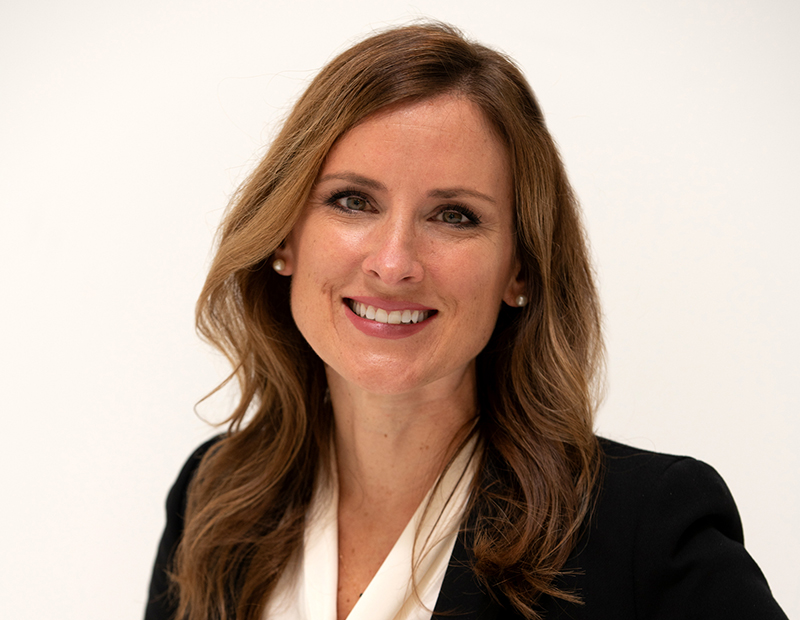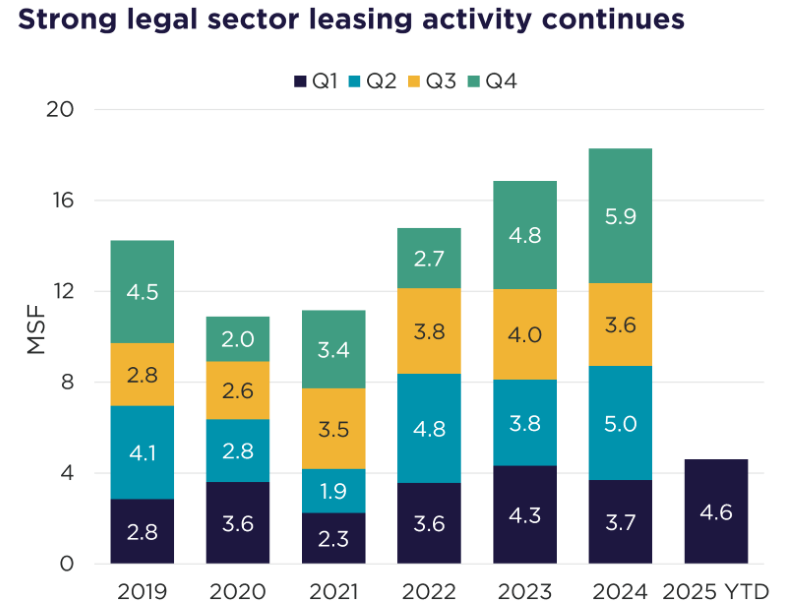The Importance of Building Gender Diversity in CRE
As our industry looks ahead, we must make sure that we build a culture that provides incentives that are balanced so we don’t lose top talent, says Tracy Murphy of IQHQ Inc.
Despite progress across many professional realms, women are still underrepresented in the world of commercial real estate development, especially when it comes to the C-suite and other leadership roles. According to a 2020 benchmark study from Commercial Real Estate Women Network, women occupy just 36.7 percent of the commercial real estate industry, a number that hasn’t budged much over the past 15 years.
Still, the study did find a 5.4 percent increase in women ages 39 and younger, indicating an emerging generation of young professionals. While this represents some progress, it is critical that we all do our part to accelerate this trend to ensure that our industry remains competitive in the 21st century by attracting top talent that is inclusive of men and women with diverse backgrounds.
Commitment to ‘the road not taken’
Having worked in commercial real estate for nearly two decades, I consider myself fortunate enough to have colleagues and mentors—many of them men—who have provided guidance and support throughout my career. Their encouragement, combined with discipline and hard work, has helped me build a successful career, one that has led to my current position as president of IQHQ, a leading real estate investment trust focused on the life sciences sector. However, across the industry peer set, I’m one of the few women in the C-suite. As an industry, we need to support and elevate more women into leadership positions, lest we hold the entire sector back.
Promoting gender diversity within leadership ranks has never been more important, not just because it is the right thing to do, but because it is advantageous for business to do so. Multiple studies show a correlation between women leaders—C-suite and board members—and organizational outcomes like greater profits, more innovation and increased productivity. By sharing my experiences forged over the years in a male-dominated industry, it is my hope that this will serve as an intrusive example as well as support a new generation of women looking to get into and thrive in this growing industry.
After joining a commercial real estate brokerage right out of college, I was one of the few brokers who focused exclusively on the life sciences industry. At the time, the life sciences niche was still in its infancy, and the real estate industry was still very much a boys’ club with several barriers to entry. Few specialized in life sciences real estate because there wasn’t enough inventory to sustain a career. Everyone I knew, including mentors, tried to talk me out of dedicating my career to this cause, but I saw being a woman in life sciences as a particularly unique set of opportunities to prove myself.
Market trends & new policies poised to open doors
Today, especially in the wake of the pandemic, life science real estate is booming across the nation. The amount of total commercial laboratory space grew 12 percent nationally in 2020 to 164 million square feet, according to JLL Research—with several million square feet of projects under construction. If the sector ever needed new generational and diverse talent, it is right now. We must create an environment that allows women to advance, or we run the risk of not reaching our industry’s full potential.
International investors are drawn to diverse leadership teams and increasingly prefer companies that feature women in executive leadership and on their boards. As international themes become more prevalent, the commercial real estate industry in the U.S. is going to have to make changes. Right now, we’re 10 years behind the curve. California was first out of the gate in 2018, passing a law to advance equitable gender representation on corporate boards. More laws like these are necessary in order to make a difference in gender diversity.
The role of mentors and champions
Many women have cited the absence of a mentor as being the most significant barrier to advancement. Throughout my career, I was fortunate to have great mentors, though none of them were female, largely because there are so few of us. That’s why it’s so vital to also have male colleagues who step up as true allies.
When I decided to break off on my own and build my own life science practice, I met John Bonanno and he didn’t think twice about entering into a partnership with me. A year later, we joined BioMed Realty together and within 10 years, we helped grow their portfolio into 18 million square feet that Blackstone paid $8 billion for in 2016. It was also critical that Alan Gold, who founded and served as chairman & CEO of BioMed, supported my personal and professional ambitions. For example, when I wanted to start my own family, he never made me feel like I had to sacrifice my career to do so.
We need more men like John and Alan across the industry, ones who challenge women with stretch assignments early in their careers and provide high-potential women with more exposure to senior leadership and boards.
The road ahead
As our industry looks ahead, we must make sure that we build a culture that provides incentives that are balanced and gives women—and men—the tools they need to balance their families and professional demands, so we don’t lose top talent. By making a commitment to have more women and diversity at the table, we can set a powerful model for our industry and also inspire up-and-coming women to bring their skills and insight to our industry. As someone that has often been the only woman sitting at the table, I’m personally committed to providing more support for bright young women in real estate.
Tracy Murphy serves as president of IQHQ Inc., a premier life sciences real estate development company.








You must be logged in to post a comment.